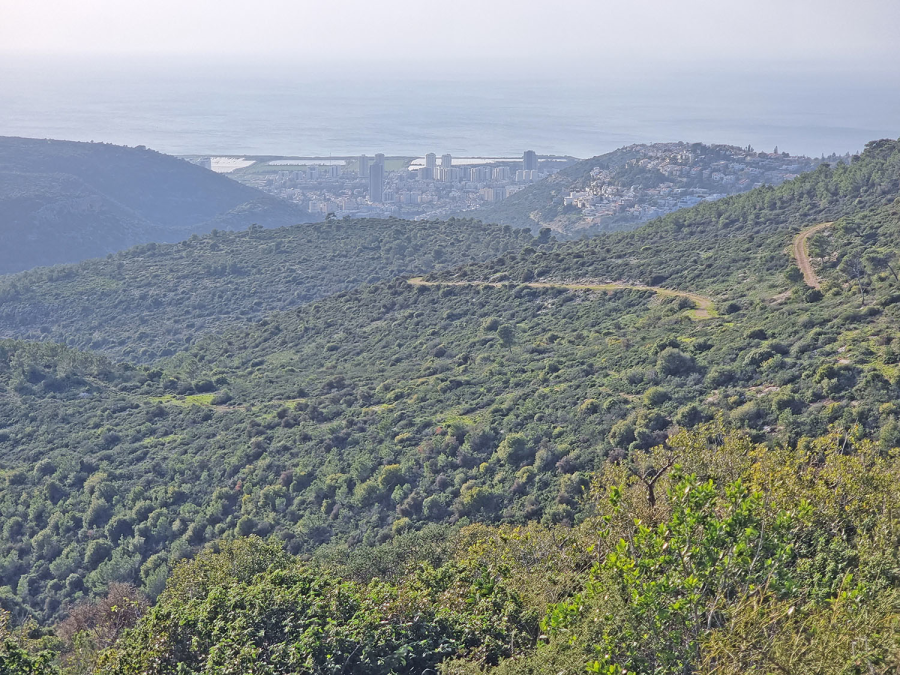When is best time to visit Israel?
Enjoy Israel travel guideIsrael is a country that offers visitors a wealth of experiences, from its ancient historical sites to its vibrant modern cities, beautiful beaches, and stunning natural landscapes. However, when it comes to planning a trip to Israel, choosing the best time to visit can be a tricky decision. In this article, we’ll explore the different seasons in Israel and help you determine the best time to plan your visit.
Spring (March to May)
Spring is one of the most popular times to visit Israel, and for good reason. The weather is mild and pleasant, with average temperatures ranging from the mid-60s to the low 70s Fahrenheit. This makes it an ideal time to explore the country’s many outdoor attractions, such as hiking in the Galilee or touring the desert landscapes of the Negev. Additionally, springtime is the season of renewal and rebirth in Israel, with colorful wildflowers blooming throughout the countryside and many festivals and cultural events taking place, including the Jewish holiday of Passover.
Summer (June to August)
Summer in Israel can be hot and humid, with temperatures regularly reaching into the 90s Fahrenheit. This can make outdoor activities uncomfortable during the day, but the evenings are pleasant and balmy. If you can handle the heat, summer can be a great time to enjoy Israel’s many beaches and water activities, as well as its vibrant nightlife scene. However, it’s worth noting that many Israelis take their own summer vacations during this time, so some businesses and tourist attractions may have reduced hours.
Fall (September to November)
Fall is another popular time to visit Israel, as the weather begins to cool down and the summer crowds start to dissipate. Temperatures in the fall are comfortable, with averages in the mid-70s Fahrenheit, making it an ideal time for outdoor activities like hiking, cycling, and sightseeing. Additionally, fall is the season for many Jewish holidays, including Rosh Hashanah, Yom Kippur, and Sukkot, which can provide visitors with a unique cultural experience.
Winter (December to February)
Winter in Israel is generally mild, with temperatures ranging from the mid-50s to the mid-60s Fahrenheit. While it may be too chilly for swimming or sunbathing, winter can still be a great time to explore the country’s cities and historical sites, as well as enjoy its outdoor activities like hiking and cycling. Additionally, winter is the season for many Christian holidays, including Christmas and Easter, which can make for a unique and festive experience.
In summary, the best time to visit Israel depends on your preferences and interests. Spring and fall are the most comfortable seasons, with mild temperatures and a range of cultural events and festivals. Summer can be hot but offers plenty of opportunities for beach fun and nightlife, while winter is ideal for exploring the cities and historical sites. Ultimately, the best time to visit Israel is when you’re able to take time off and enjoy the country to its fullest.
I had the opportunity to travel to Israel in April a few years ago, and it was truly an unforgettable experience. I started my trip in Jerusalem, which is a city with a rich history and religious significance for Jews, Christians, and Muslims. I spent several days exploring the Old City, visiting holy sites such as the Western Wall, the Church of the Holy Sepulchre, and the Dome of the Rock. I also enjoyed wandering through the city’s bustling markets and trying the delicious local food.
From Jerusalem, I headed to the Dead Sea, which is the lowest point on earth and known for its therapeutic properties. I couldn’t resist taking a dip in the salty waters, which felt like nothing I had ever experienced before. I also covered myself in the famous mineral-rich mud, which left my skin feeling soft and rejuvenated.
Next, I traveled to Eilat, a resort city located on the Red Sea in the south of Israel. I spent my days lounging on the beautiful beaches, snorkeling in the crystal-clear waters, and enjoying the vibrant nightlife. One of the highlights of my trip was a boat tour of the Red Sea, where I was able to see colorful fish and coral reefs up close.
Finally, I ended my trip in Tel Aviv, a vibrant and cosmopolitan city on the Mediterranean coast. I loved exploring the city’s trendy neighborhoods, such as Neve Tzedek and Florentin, and sampling the delicious food at the many restaurants and cafes. I also visited the Tel Aviv Museum of Art and the Jaffa flea market, which were both fascinating and gave me a deeper appreciation for the city’s cultural heritage.
Overall, traveling to Israel in April was a wonderful experience. The weather was perfect for outdoor activities, and I was able to explore the country’s diverse landscapes and cultural attractions. I would highly recommend a trip to Israel, no matter what time of year, as it truly is a unique and special destination.







